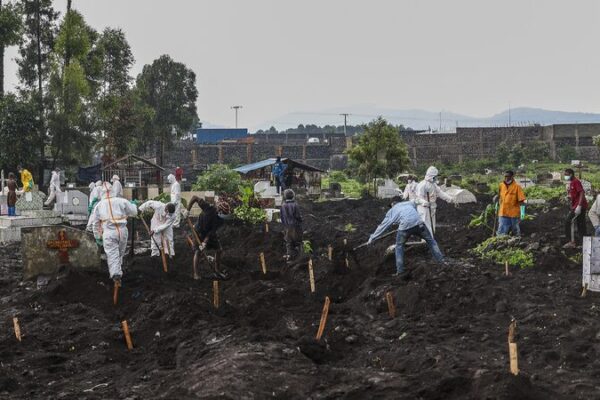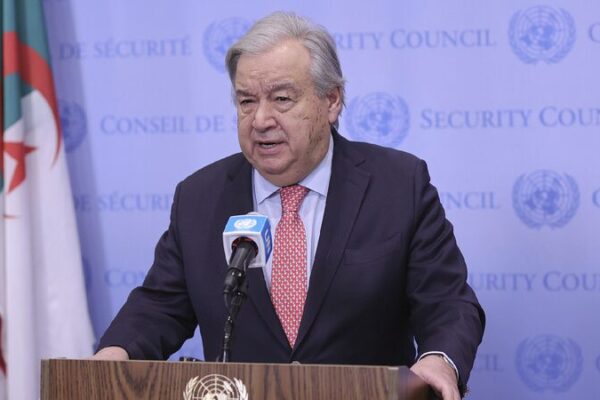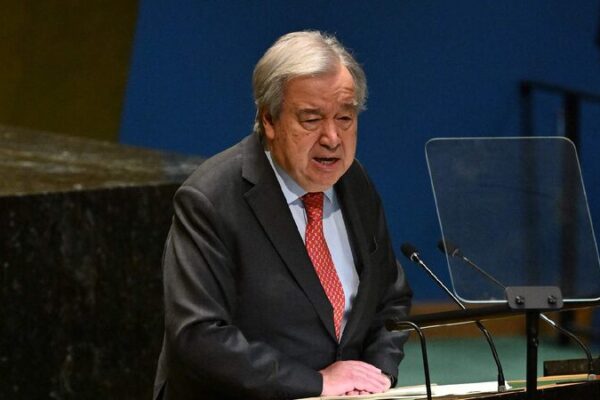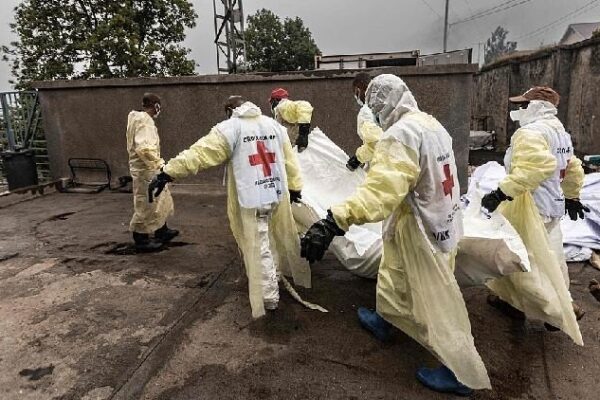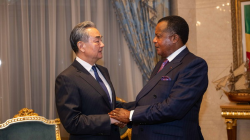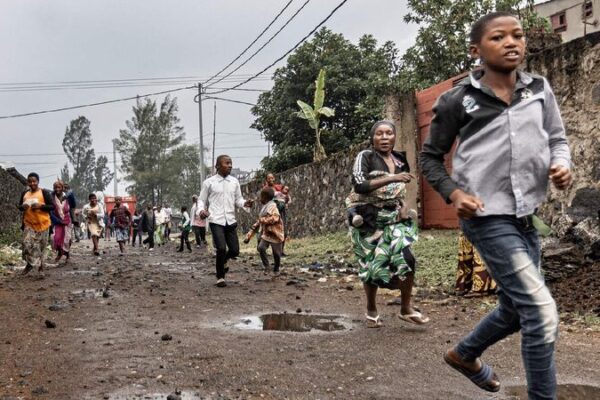African Leaders Demand Immediate Ceasefire in Eastern DRC
African leaders have called for an immediate ceasefire in the eastern Democratic Republic of the Congo (DRC), as rising tensions threaten to destabilize the region. This urgent appeal was made during a historic summit held on Saturday in Dar es Salaam, Tanzania.
The summit, jointly convened by the East African Community (EAC) and the Southern African Development Community (SADC), brought together regional leaders to address the escalating crisis caused by the March 23 Movement (M23) rebellion. The M23 has reportedly advanced toward Bukavu, the capital of South Kivu Province, after establishing control over Goma, the capital of North Kivu Province.
In their final communique, the leaders emphasized the need for an immediate and unconditional ceasefire. They instructed the EAC-SADC Chiefs of Defense Forces to meet within five days to develop technical measures to enforce the ceasefire and restore peace in the affected areas.
The summit also called for the reopening of crucial supply routes, including the road connecting Goma and Bukavu and the Goma International Airport, which have been disrupted by the conflict. Restoring these routes is essential for delivering humanitarian aid and essential supplies to communities in need.
“Political and diplomatic engagement is the most sustainable solution to the conflict in eastern DRC,” the communique stated. The leaders expressed support for resuming direct negotiations with all parties involved, including the M23, under existing regional mediation frameworks.
The Congolese government has so far rejected direct talks with the M23 but hinted at reviving the Nairobi Peace Process, a peace initiative led by the EAC and facilitated by former Kenyan President Uhuru Kenyatta. In an effort to strengthen peace efforts, regional leaders proposed merging the Nairobi Process with the Luanda Process, another peace mechanism initiated by the African Union and facilitated by Angolan President Joao Lourenco.
Both peace initiatives have faced obstacles recently, with the Nairobi Process reaching an impasse and a summit under the Luanda Process being canceled late last year. To reinvigorate these efforts, the leaders suggested appointing additional facilitators, including representatives from other regions of Africa.
The ongoing conflict is deeply rooted in historical tensions following the 1994 Rwandan genocide, particularly between the Tutsi and Hutu populations. The DRC has accused Rwanda of supporting the M23, while Rwanda claims that the DRC’s military has allied with the Rwandan rebel group Democratic Forces for the Liberation of Rwanda, which is accused of involvement in the 1994 genocide.
Both Rwandan President Paul Kagame and DRC President Felix Tshisekedi attended the summit, signaling a potential for dialogue between the nations. The communique reiterated the demand for the withdrawal of uninvited foreign armed forces from DRC territory, emphasizing respect for the country’s sovereignty and territorial integrity.
Co-chaired by EAC Chairperson and Kenyan President William Ruto and SADC Chairperson and Zimbabwean President Emmerson Mnangagwa, the summit aimed to prevent the conflict from escalating into a regional war. Burundian President Evariste Ndayishimiye warned earlier this month, “If it continues like this, war risks becoming widespread in the region.”
According to the United Nations, at least 2,900 people have been killed during the M23’s capture of Goma. The continued clashes in South Kivu are causing mass displacement and civilian casualties, with thousands fleeing active combat zones toward Bukavu, which remains under threat of an M23 attack.
Regional leaders remain hopeful that a united approach and renewed peace efforts will bring an end to the conflict, ensuring stability and prosperity for the people of eastern DRC.
Reference(s):
African leaders call for immediate ceasefire in eastern DR Congo
cgtn.com

